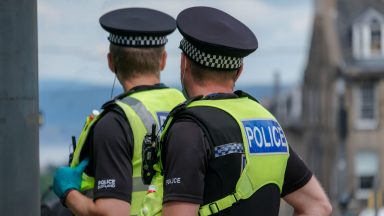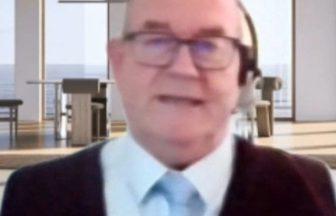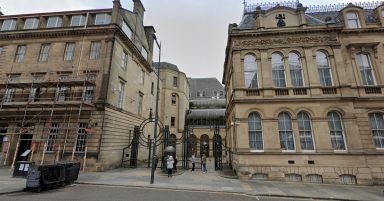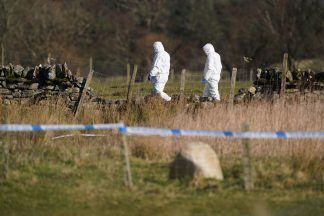Concerns about terrorism “had no reference” to the skin colour of a man who died in police custody, an inquiry has heard.
Retired assistant chief constable Ruaraidh Nicolson told the Sheku Bayoh inquiry on Wednesday that he wanted any terror-related fears to be “quelled”.
Mr Bayoh, 31, a father-of-two, died after he was restrained on the ground by six police officers in Kirkcaldy, Fife, on May 3 2015.
The inquiry is investigating the circumstances of his death and whether race was a factor.
Mr Nicolson, who served for 32 years with Police Scotland and was one of the senior officers on the day of the incident, was asked by senior counsel Angela Grahame KC about his original statement to the inquiry.
In his statement, Mr Nicolson said he had been asked if “the race of the individual could be a basis for understanding this to be a terrorist attack”.
The officer said in his statement this was “absolutely not” a factor.
He said: “For years the highest threat from terrorism in Scotland was Irish-related terrorism.
“Race, colour of skin, whatever, is not an issue in terms of what was intended from this.”
After reading the statement, Ms Grahame asked Mr Nicolson why he had raised an issue regarding counter-terrorism in a meeting shortly after Mr Bayoh’s death, and pressed him on whether his ethnicity was a reason for this.
He replied: “It had no reference to that whatsoever.
“The information we had at that stage was that an attack was likely from a lone individual, who would potentially be carrying a knife.”
He cited a number of terror attacks which had taken place around the world in the months before Mr Bayoh’s death, stating this was his reason for initially having terrorism concerns.
He said: “But it formed nothing in relation to ethnicity, apart from the modus operandi which was said to be a lone individual with a knife or a bladed weapon, and that it would be an attack on members of the public or on uniformed personnel.”
Ms Grahame mentioned retired chief superintendent Garry McEwan, who previously gave evidence to the inquiry.
She told Mr Nicolson that Mr McEwan said there was never any point to suggest it was a terror attack.
Mr Nicolson replied: “I agree with that.
“To the contrary it was to suggest that it wasn’t terror, so what we wanted to do was get messages out to our own people, but also to communities, to say this is not a terrorist-related matter.
“Various communities at that stage, with all the events, the number of racially-motivated incidents were up and we were at pains to make sure that we could alleviate any concerns.
“What I wanted to do was say, ‘this is not terrorism-related’, so that we then quell any fears whatsoever and we try to make sure that we don’t have a spike in racially-motivated incidents at that time.”
Mr Grahame asked Mr Nicolson if he had any concerns that members of the public may have thought it was a terrorism-related incident at the time.
The former officer said “some sections of the public may well have believed that”, but maintained he ensured that “everybody understands” it was not a terror-related incident.
Detective chief superintendent Pat Campbell told the inquiry in March that the idea of a potential terrorism link was “quickly eliminated”.
The inquiry previously heard that while informing Mr Bayoh’s partner, Colette Bell, of his death, officers were under instruction not to tell her he died following police contact.
Mr Nicolson told the inquiry he disagreed with this.
He said: “My view is straightforward: she ought to have been told.
“There’s absolutely no point whatsoever in not telling her. She’s going to find out from other sources in any event, so it’s better coming from the police service, being upfront and honest about what’s happened.”
He was also quizzed on officers who used spray and use of force during the incident involving Mr Bayoh.
The inquiry heard that officers did not file appropriate, legal forms explaining why they resorted to such measures.
Mr Nicolson was asked what Police Scotland did in regards to the forms that should have been filed.
Mr Nicolson said if it had been “highlighted as an issue”, then a report would be filed to the Crown Office.
However, this was never raised as a concern, the inquiry heard.
The inquiry, taking place before Lord Bracadale in Edinburgh, continues.
Follow STV News on WhatsApp
Scan the QR code on your mobile device for all the latest news from around the country


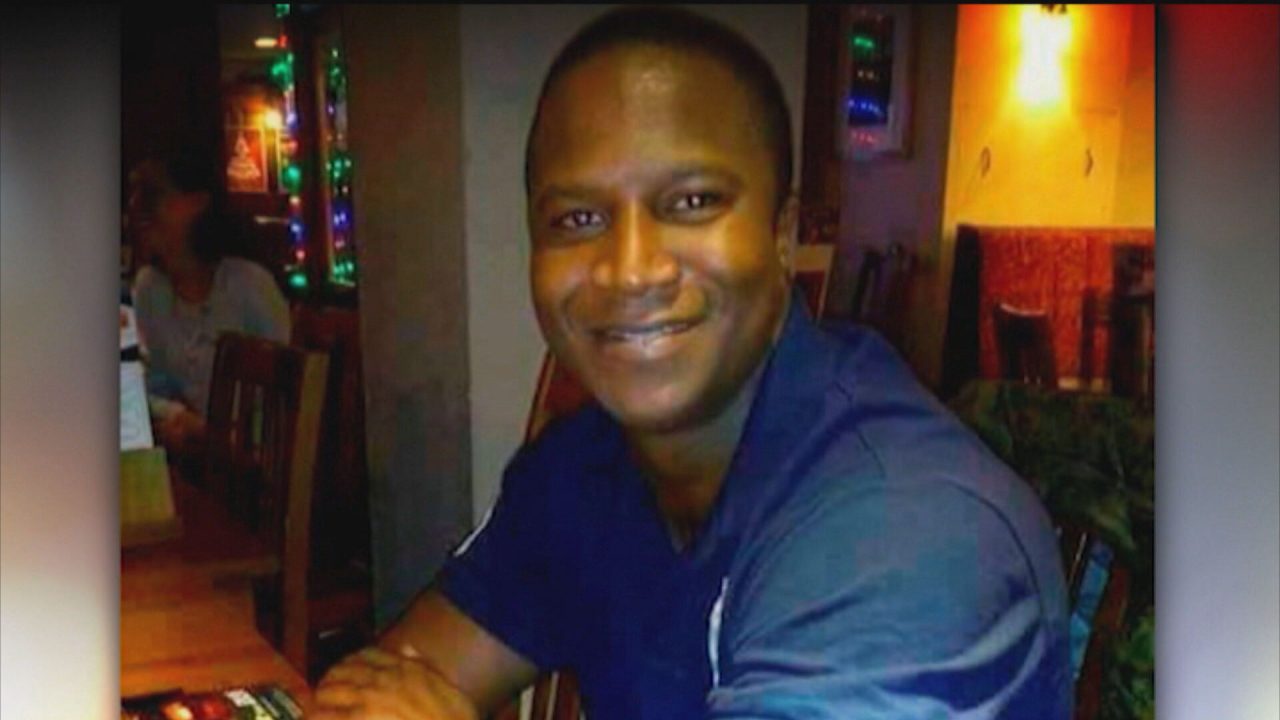 STV News
STV News















